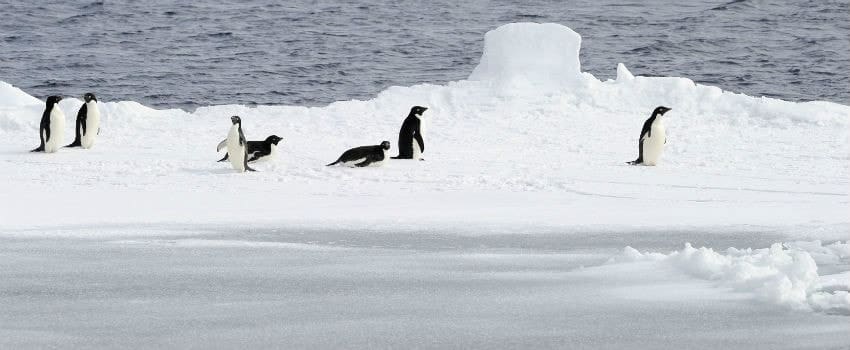
Greenpeace is celebrating a massive victory with the creation of the world’s largest marine protected area in the Ross Sea which is off the coast of Antarctica. The Ross Sea is home to whales, penguins and toothfish so this is obviously a great decision. Greenpeace has been campaigning for the safety of the Ross Sea for many years. The Ross Sea consists of 1,550,000 square kilometres which is three times the size of Texas or twice the size of Spain. Almost 75 per cent of that area will be fully protected. The Ross Sea is often referred to as being ‘the Last Ocean’ and scientists have identified it as being the most pristine shallow ocean left on earth and it is truly stunning.
This year has already been a massive year for ocean protection.
The victory in the Ross Sea follows the decision by President Obama to expand the Papahanaumokuakea National Marine Monument. Until now that had been the largest protected marine area in the world. Mr Obama also established the first National Marine Monument in the Atlantic and in the process made even more history. Other countries are also stepping up their game by protecting their national waters as well. For example, Chile is creating a huge marine park that covers Easter Island whilst the UK has committed to creating protected ‘Blue Belts’ surrounding its overseas territories.
The ocean is huge
Despite the size of theses sanctuaries, the ocean is still far larger. There was a pledge made at the World Conservation Congress this summer to protect as much as 30 per cent of the world’s oceans by the year 2030. There is clearly much to be done in order to achieve that goal and Greenpeace continues to push for more and wants the target to be increased to 40 per cent of the world’s oceans to be fully protected sanctuaries.
Protection is essential
The science speaks for itself. Ocean sanctuaries are critical for the protection of biodiversity and the ability to rebuild fish populations. Unfortunately, the problem is that long battles that lead to decisions such as the Ross Sea need more than science, they need millions of advocates all over the world lending their voice to speak for our oceans. Without the voices of individuals, even if the best scientific case is presented it still is not enough to stand up against short term interests and the commercial fishing lobby which is incredibly powerful.
The tide seems to be turning
Things seem to be changing for the better when it comes to marine conversation, however as the long battle to win protection for the Ross Sea show, getting governments to act in seas which are shared, beyond national jurisdiction is a huge challenge. This is why it is so important that we do much more to ensure the so called High Seas are protected which currently enjoy no protection at all. There is cause for optimism, we are slowly inching towards and agreed system that could protect them. Greenpeace is working towards ensuring the United Nations delivers a policy that would create sanctuaries on the high seas. With the help of people like you it will be able to do much more.





